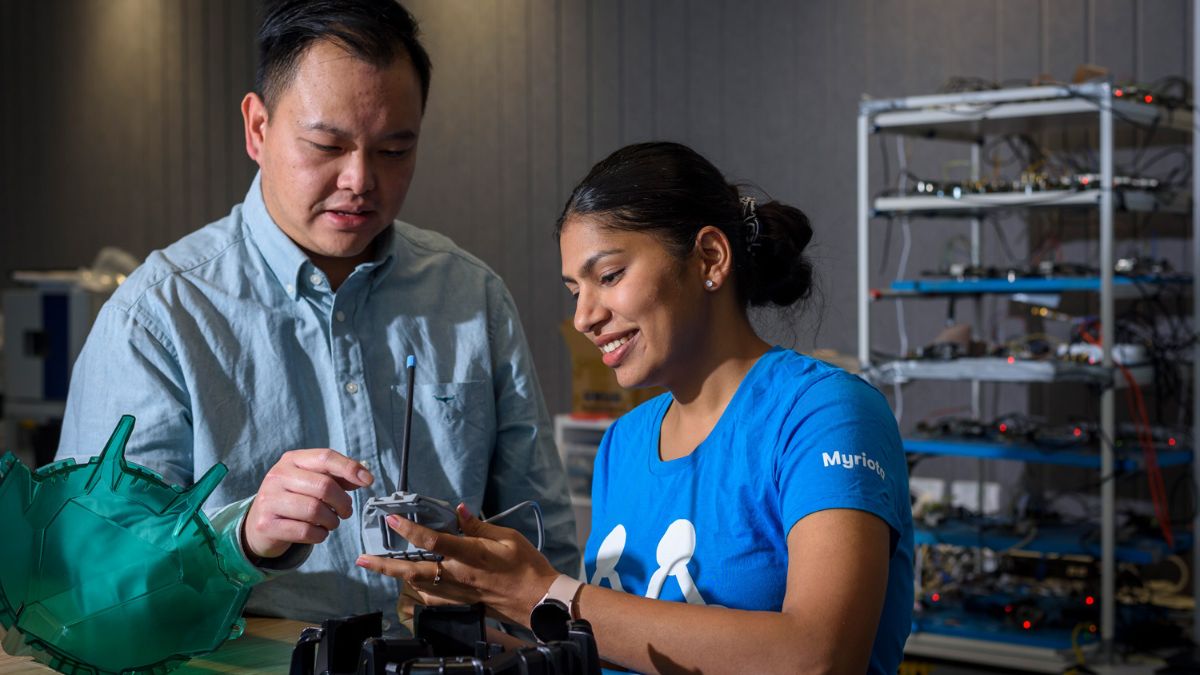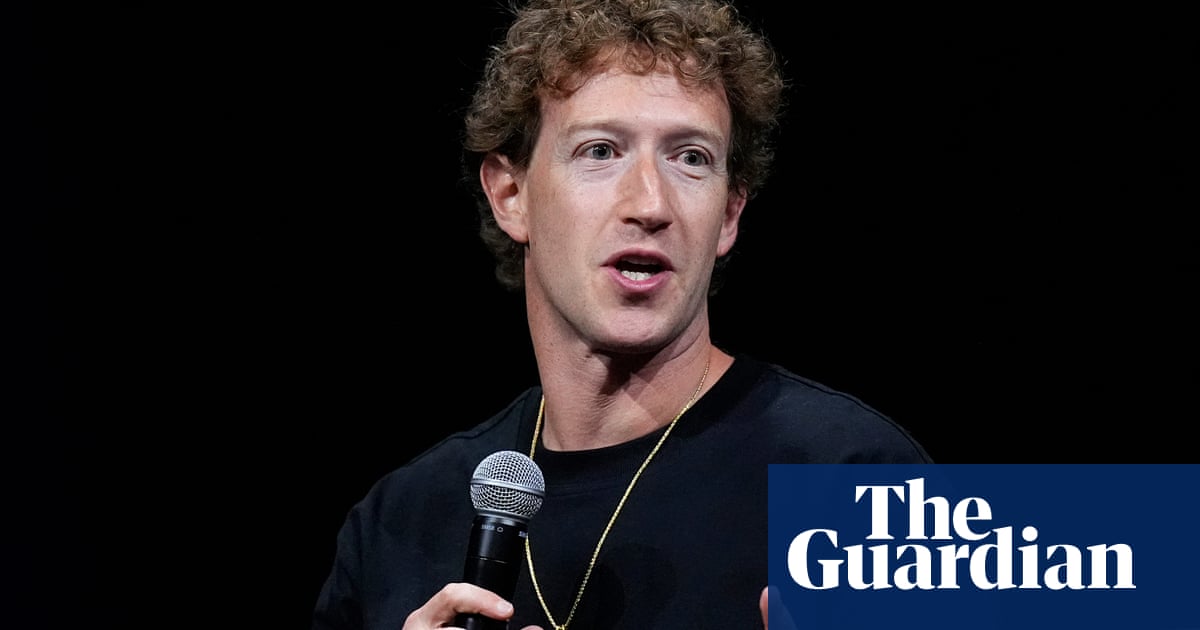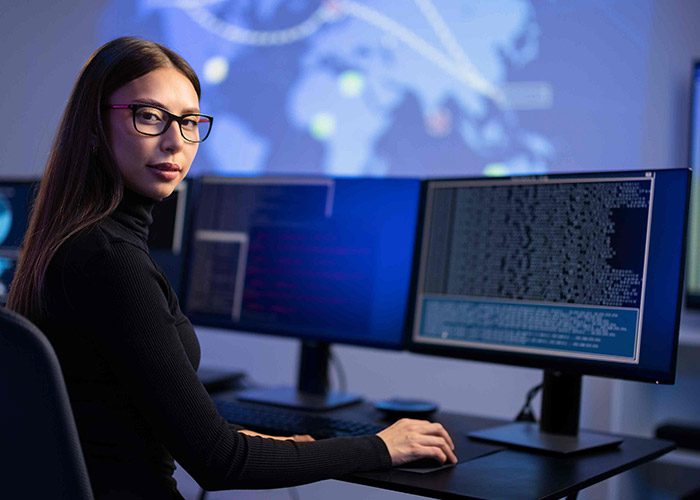At Tech 23, Australian deep tech startups showcased their potential. But funding remains an issue.

- by Admin
- August 8, 2024

In the final presentation at Wednesday’s Tech 23, a showcase of up-and-coming deep tech startups organised by incubator Cicada Innovations, Bob Criner outlined his vision for the 2032 Olympics.
As millions of sports watchers converge on Brisbane for the games, they will be flown around in hydrogen-powered planes designed and manufactured in Australia by his startup Stralis Airlines. “Build the battery today,” Criner said to applause from the crowd, “and the plane will come tomorrow.”
It was one of 23 presentations made by “deep tech” startups, which build products around cutting-edge science and engineering rather than software development. Other pitches included using NASA sensors to detect pregnancy in livestock and a robot that can perform joint surgery.
“There’s an interest, there’s the capability, there’s the skill,” said Cicada Innovations’ Sally-Ann Williams of Australia’s deep tech potential. “All the ingredients are literally lined up, and we are baking that cake.”
That much may be true. But if these promising companies are indeed cakes, it is getting increasingly difficult to retain Australia’s bakers.
The Latest News
-
December 23, 2024Championship three-peat reward for ‘clinical’ Aussies | cricket.com.au
-
December 23, 2024Australian tennis star Purcell takes on voluntary provisional suspension for breaking anti-doping rules
-
December 23, 2024‘Back myself and be fearless’: Konstas lives by mantra in first hit | cricket.com.au
-
December 23, 2024Wimbledon champion accepts ban for anti-doping breach just months after winning US Open
-
December 23, 2024Australian tennis star Purcell takes voluntary suspension over anti-doping breach





